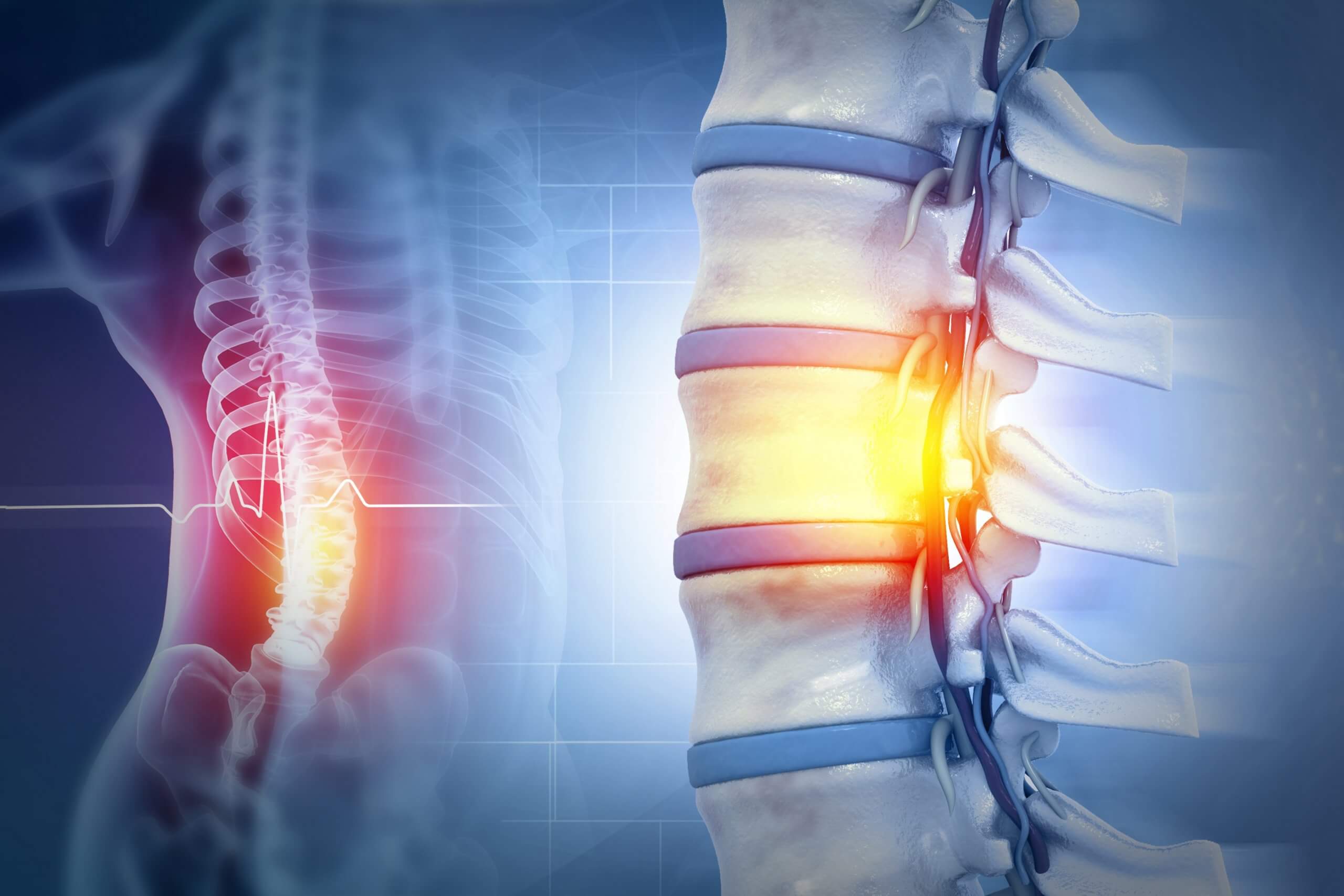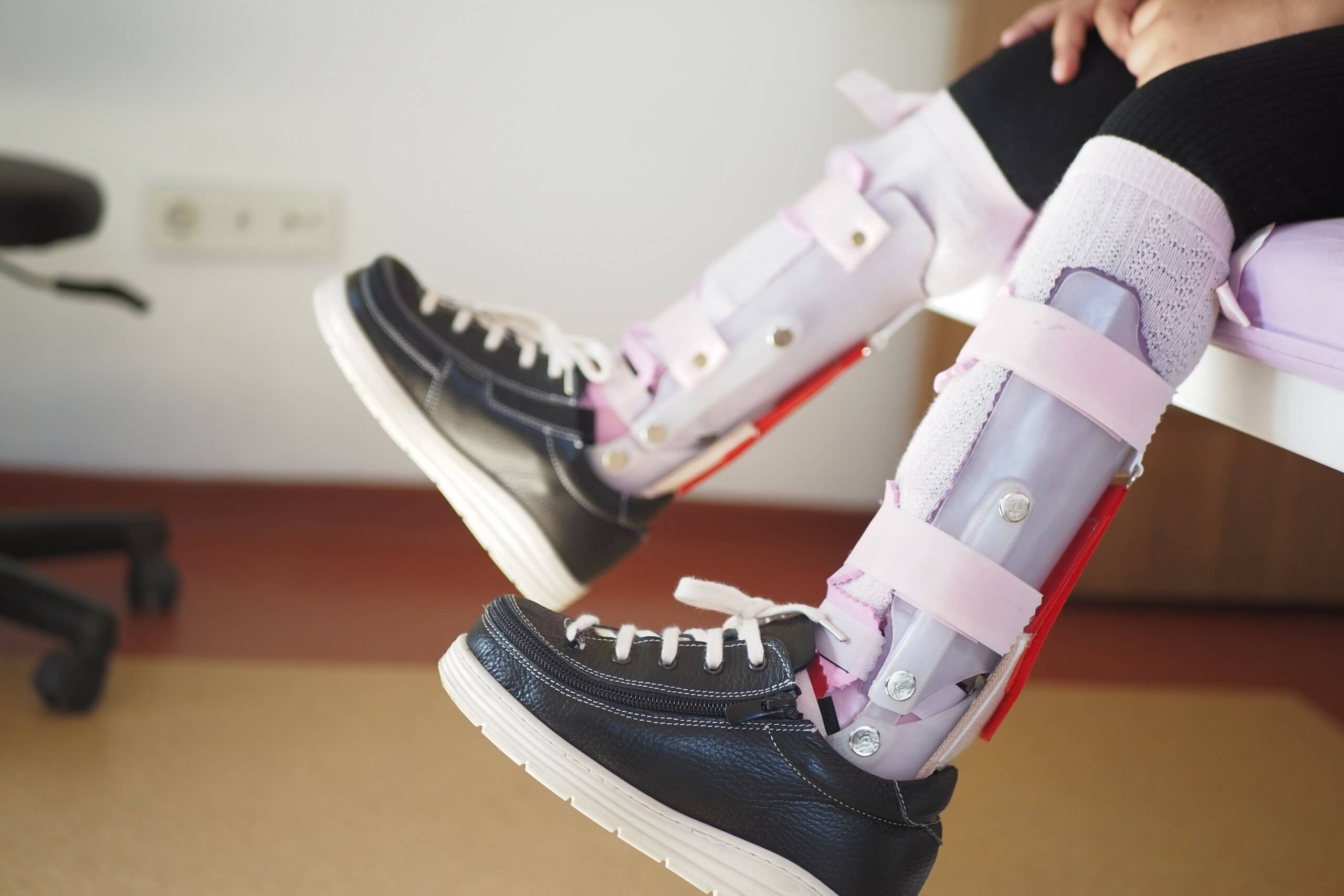Diabetes and Placenta
Find out how Amnion and Placental Cells could help to treat diabetes
Insulin is an essential hormone which helps to move the glucose from the bloodstream into various cells in the body where it is used for energy. The body becomes resistant to insulin, meaning that it is unable to use the hormone efficiently and forces the pancreas to work harder to make more insulin. Over time, this can severely damage the cells in your pancreas.
More than 4.6 million people are living with the lifelong condition in the UK, which affects their everyday life. Causes of type 2 diabetes varies between each person, however it is often linked to being overweight, inactive or having a family history of the condition.
Diabetes Facts
- 9 in 10 people diagnosed with diabetes have Type 2 diabetes.
- Nearly 1 million people currently living with the condition are undiagnosed and are not aware they have it.
- Whilst Type 1 diabetes isn’t currently preventable, 3 in 5 cases of Type 2 diabetes can be prevented or delayed by making healthier lifestyle choices and be securing early diagnosis.
- Someone is diagnosed with diabetes every two minutes.
- The cost of diabetes to the NHS is over £1.5m an hour, equating to over £25,000 being spent on diabetes every minute.
Numerous options are available to treat Type 2 diabetes, including medication to manage blood sugar levels. Many individuals with the condition treat their diabetes by eating well and doing more exercise. However, Type 2 diabetes can continue to impact the daily lives of patients.
Diabetes and Placenta: Developments
There are several clinical trials currently on-going which are investigating the use of the amniotic membrane and placental cells in treatments for Type 2 diabetes. Researchers have demonstrated that placenta-derived cells are beneficial for Type 2 diabetes patients due to their angiogenic (the ability to form new blood vessels) and immunomodulatory properties.
A study comprised of 10 patients with Type 2 diabetes revealed that after receiving three intravenous infusions of placental cells, the patients’ levels of insulin and C-peptide were significantly higher. The results demonstrated that transplantations using placental cells provide a simple, safe and effective therapeutic approach for patients suffering from the condition.
Furthermore, a more recent study conducted by the Beijing Institute of Stem Cells suggests that transplanting placenta-derived cells into patients with diabetes could improve long-term health complications suffered by those with the condition. The placental cells help to improve blood flow to critical areas of the body and enhanced blood vessel growth, which could help to prevent conditions such as diabetic foot syndrome and critical limb ischemia which may occur in the future as a result of Type 2 diabetes.
Whilst studies and clinical trials using placental cells and amniotic membrane may be in the early phases, they certainly are demonstrating exciting advancements within the realm of treatments for Type 2 diabetes.
References
- Diabetes.co.uk, (2016) Placenta stem cells could prevent diabetes complications, accessed 21st December 2019, available at
<https://www.diabetes.co.uk/news/2016/aug/placenta-stem-cells-could-prevent-diabetes-complications-98105640.html> - Diabetes UK, (2018) Number of people living with diabetes doubles in twenty years, accessed 21st December 2019, available at
<https://www.diabetes.org.uk/about_us/news/diabetes-prevalence-statistics> - Diabetes.co.uk, (2019) Cost of diabetes, accessed 21st December 2019, available at
<https://www.diabetes.co.uk/cost-of-diabetes.html> - Healthline, Understanding Type 2 Diabetes, accessed 21st December 2019, available at
<https://www.healthline.com/health/type-2-diabetes#causes> - NHS, What is Type 2 diabetes? accessed 21st December 2019, available at
<https://www.nhs.uk/conditions/type-2-diabetes/> - Diabetes UK, (2019) Us, diabetes and a lot of facts and stats, accessed 21st December 2019, available at
<https://www.diabetes.org.uk/resources-s3/2019-02/1362B_Facts%20and%20stats%20Update%20Jan%202019_LOW%20RES_EXTERNAL.pdf> - Jiang et al, (2011) ‘Transplantation of placenta-derived mesenchymal stem cells in type 2 diabetes: a pilot study’, Frontiers of Medicine, accessed 21st December 2019, available at
<https://www.ncbi.nlm.nih.gov/pubmed/21681681>
The information contained in this article is for information purposes only and is not intended to replace the advice of a medical expert. If you have any concerns about your health we urge you to discuss them with your doctor.




